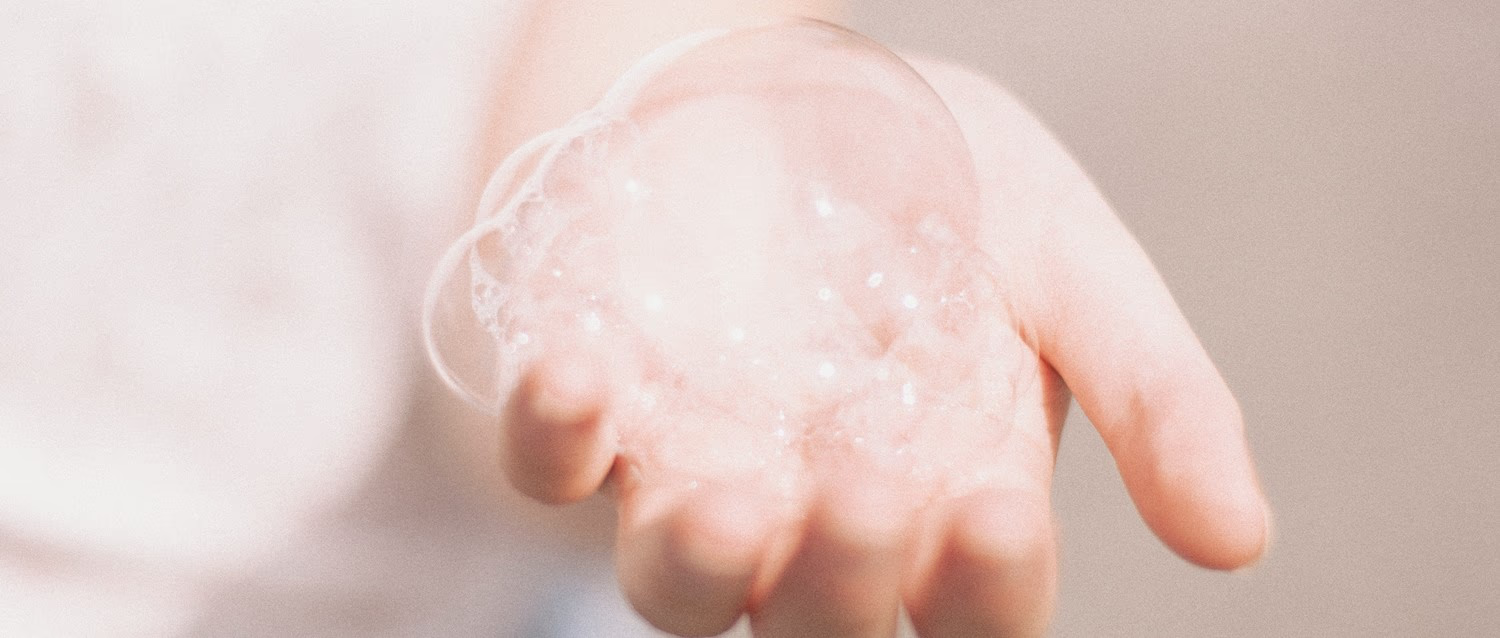
Should you clean your vagina?
Peer reviewed by Dr Sarah Jarvis MBE, FRCGPLast updated by Milly EvansLast updated 23 Oct 2019
Brands are taking advantage of our increasing awareness of intimate health and the market is being flooded with all kinds of products designed to help you clean and 'beautify' your vulva and vagina. But do we actually need them?
In this article:
The short answer is, probably not. The intimate hygiene industry, including menstrual products, washes, douches, sprays and wipes, will be worth $42.7 billion in revenue by 2022 according to financial experts. These products aren't going away - in fact they're growing in popularity.
So why are we obsessing over our genitals - and how should you look after yours?
Continue reading below
Do I need to wash my vagina?
Firstly, we need to talk about vaginas. A recent YouGov survey found that 45% of women could not label the vagina on a diagram, and more than half (52%) couldn't describe its function.
The vagina is the internal tube of muscle which connects the uterus to the vulva. The vulva is the collective name for the whole of the external female genitalia, including the labia (lips), urethra (tube from your bladder, ending in your pee hole), clitoris, pubic mound and the entrance to the vagina.
In short, the vulva is external, and the vagina is internal.
You should never wash or douche the inside of your vagina, even with water. The vagina is a self-cleaning organ. The vaginal fluids do a good enough job of cleaning on their own.
"The vagina has its own delicate balance of bacteria which helps to keep it free from infections. Washing inside the vagina can disrupt this natural bacteria," explains Dr Vanessa Mackay, consultant gynaecologist and spokesperson for the Royal College of Obstetricians and Gynaecologists.
Disrupting this natural 'microbiome' of bacteria can cause an imbalance of the pH of the vagina which may lead to infections like thrush, bacterial vaginosis or pelvic inflammatory disease.
Patient picks for Vaginal and vulval problems
What about my vulva?
Whilst you should never wash inside the vagina, gently washing the outside of the genitals, the vulva, can help to keep your genitals healthy. "Women should wash their vulva gently with their hands and use only water and unperfumed soap," says Dr Mackay. "It is best not to use a washcloth as this can be rough on the delicate skin.
"Women should wash the whole area including the inside of the lips (labia) but it is important not to get soap and water inside the vagina. It is also essential that women wash from front to back as washing the other way can transmit bacteria from the anus into the vagina and the urethra which can result in a urinary tract infection. Following washing, it is best to pat the area dry with a clean towel."
What about wipes and washes? "It is best to wash the vulva with just water and unperfumed soap," she explains. "If women are unable to do so, they can use wipes but should ensure they are fragrance-free, as natural as possible and made specifically for the vulva."
Continue reading below
What's the harm?
Beyond causing treatable gynaecological infections like bacterial vaginosis and thrush, washing your vagina could have wider implications.
There is some evidence to show that people who practise douching and intimate washing are at a higher risk of contracting STIs. This could be down to the removal of protective barriers which prevent infection entering the vagina.
Additionally, over-washing, douching or using irritating intimate hygiene products can mask the signs of gynaecological cancers. Abnormal discharge and itching are both potential signs of gynaecological cancers, and using intimate washes increases the likelihood that you will experience these symptoms because of irritation and infection.
"Using scented products can hide any changes to vaginal discharge which can be an indication of some gynae health issues, including one symptom that's sometimes present with a cancer such as cervical," says Athena Lamnisos, CEO of gynaecological cancer charity The Eve Appeal. "By hiding any changes to the smell or colour of vaginal discharge, it may prevent women from seeking medical help when they need it or even noticing when there has been a change."
Recent research also found that the vaginal microbiome could have an impact on ovarian cancer risk, explains Lamnisos. "Eve Appeal funded research found a link between low levels of 'good' bacteria in the vagina and an increased risk of ovarian cancer in women who were at high risk of cancer development."
The study didn't explicitly link intimate washing and ovarian cancer, but highlighted that it could mask the markers, such as bacteria in the vagina, that might help us to detect risk. "Further research is being undertaken to look at whether this link is causal and if increasing the levels of 'good' bacteria in the vagina can help to reduce a woman's risk of ovarian cancer," says Lamnisos.
The dark side of intimate hygiene
As with any health and beauty invention, intimate hygiene products are designed to fix a problem. Often they're fixing an insecurity that we didn't know we had until we were told that there was a product to fix it.
A bizarre array of products claim to have a myriad of 'beautifying' effects, from a 'tightening cream' designed to shorten your outer labia to a dye for your inner labia to make them more pink and 'youthful'. The smell, colour, hair, shape and size of our genitals are natural - most of the time if there's a problem with your vulva and vagina, an intimate hygiene product won't fix it, and might even make it worse.
"We think it is great that vulvas are getting more attention and people are taking note of theirs but there is no evidence that we need vaginal washes,” says Lamnisos. "We do not work with a single gynaecologist or GP who recommends them as necessary to anyone's regime!
"The reason is clear - they aren’t necessary, can cause infections, and most worrying, can mask symptoms like itching and then delay a woman seeking medical advice when something may be wrong. They also suggest that the vagina is a dirty and unhygienic place so they increase stigma and taboos."
Rather than stocking up on lotions and potions, the best way to look after your intimate health is to get to know what your vulva, vagina and discharge usually look and feel like so that you can spot abnormalities.
"Healthy vaginal discharge is usually clear or white. It can be thick or sticky, slippery and wet and it can change throughout the menstrual cycle and during pregnancy when it can increase in quantity," says Dr Mackay. "Women should contact their healthcare professional if they notice any changes in their vaginal discharge, experience dryness that is worrying them, or notice any strong smell or colour, as vaginal infections can cause changes to the production of vaginal discharge."
Vulvas and vaginas aren't something to be afraid of, nor are they something which need to be beautified and changed, says Lamnisos.
"We want women to know their bodies and take the time to know their vulva, and how it looks and feels, but we need to move away from the shame that products like this create and have women checking themselves for their gynae health and not because they are ashamed of how their body smells, looks or feels."
The likelihood is that your genitals are normal. And if you think that something is wrong, go to see your GP or a gynaecologist to talk about it. Chances are, the tube or bottle you picked up off the shelf could do you more harm than good.
Article History
The information on this page is written and peer reviewed by qualified clinicians.
23 Oct 2019 | Latest version

Feeling unwell?
Assess your symptoms online for free

